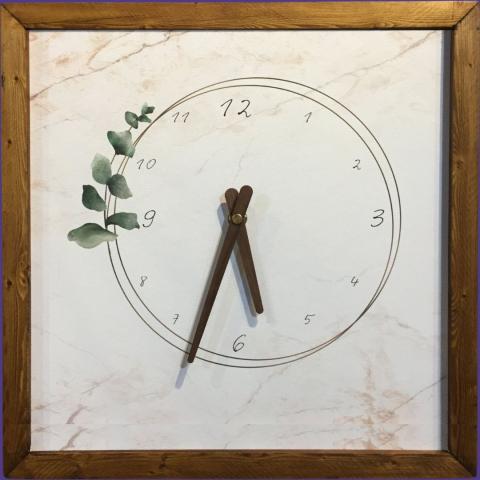
The most common problem I hear from both writers and people who aspire to write is that they don’t have enough time. I wish I had more time. I need to make time to write. I need to make more time for writing.
Since we can’t produce or discover more minutes or hours in a day, try reframing: have you made space for writing in your life, your schedule, your mental load, even your heart and spirit?
The hard truth is that if you want to be a writer, you have to write. Writers don't have more time than non-writers. If you keep telling yourself you don’t have time to write, then you won’t try to find or make that time, and you won’t write.
Here are some tips I’ve shared before about being curious about your perceived time problem in an effort to make better use of the writing time you do have. Self-awareness is key. Is a lack of time the real issue? Consider these instead:
You might have a schedule problem.
Take a look at your schedule over the last week. Is there any way to rearrange things to create a space for some quality writing time? Of course not many of us can alter our work schedules at will; but maybe you could go to the gym before work and free up the 5-6 PM slot for journaling, or eat your lunch while churning out the first draft of the poem that’s been bouncing around in your head for days. Reworking your schedule to create openings during the time(s) of day you feel most creative and focused, even once or twice a week, could yield major word-count results.
You might have a productivity problem.
Think about other areas of your life—kids, family, work, volunteering, hobbies, maintenance of household/property/vehicle, and so on. Do you have procrastination, time management, or organization issues in those realms? If so, then becoming the master of your workload might just open up some opportunities for writing time you didn’t know you already have.
You might have an inspiration problem.
If you haven’t yet landed on the novel concept, poem idea, or essay topic that really lights a fire under you, then you aren’t experiencing the feeling of being driven to the page or screen. When you are truly inspired, it’s amazing the time you can “find” to put down some words. So get inspired! Visit a new city, take a walk in the woods, read a bestseller, or take a writing course.
You might have a martyr problem.
This one is as close to a time problem as you can get, because if you have a martyr complex, you might actually NOT have time to write—because you’re so busy saying yes to all the other people and opportunities that you aren’t saying yes to yourself and your ambitions as a writer. “No” can be a life-saving word to learn. If you really want to write, is there some other obligation that you could give up? In other words, what are you currently doing that you don’t enjoy as much as you would writing? Let it go, and write instead.
You might have an energy problem.
If you want to be a writer, you have to write. The only difference between writers and non-writers comes down to actual butt-in-chair, pen-in-hand, lost-in-thought hours logged. Think about your time commitments, work habits, and lifestyle and consider rearranging some things to make not time, but space for writing in your life. Regular sleep, exercise, and engagement with meaningful activities is rejuvenating. If you aren’t getting those things, then the time you spend exhausted on the couch at the end of the day—time that actually could be spent writing, if you could keep your eyes open and your mind clear—might seem like non-negotiable down time. Find a way to re-energize and you could transform that down time into up time with a pen.
*
A writing exercise
Write about your idea of the perfect day. From the moment you open your eyes in the morning until the moment you close them again that night, what does that day look, feel, sound, smell, and taste like? Write up to several pages, immersing yourself in every aspect of this perfect day.
Now, look at that piece of writing at your fingertips. How much of your perfect day is actual feasible in your current reality? How much of it could you, in theory, do tomorrow? Was writing a part of your perfect day? What kinds of activities or events did you engage in, and is there a pattern to those activities? For example, did you read a book in a bubble bath (i.e., mostly indulgent and restful activities), or did you go for a run before heading out to a party (i.e., active and social events), or did you garden and bake a pie (i.e., creative or crafty endeavors)? On a new sheet of paper, journal a little about what you learned about yourself—about what kinds of things you truly love to do, and most importantly, about which things you do every day that didn’t make it into this piece of writing. Use this exercise as a starting point toward more thoughtfulness about how to spend your time, how to balance what you have to do with what you want to do.
Do you find yourself saying you wish you had more time to write, and if so, did you identify with any of the alternative “problems” presented above? Share with us in the comments!
Related reading: The many challenges of writing life maintenance (and how to balance them all)
Want to receive tips and inspiration like this in your inbox every Sunday morning? Join our email list community! You will receive weekly advice, a year’s worth of weekly writing prompts as a FREE download, and be eligible to participate in our monthly photo prompt contest for a chance to share an original piece of writing with our community of over 1,200 subscribers!
